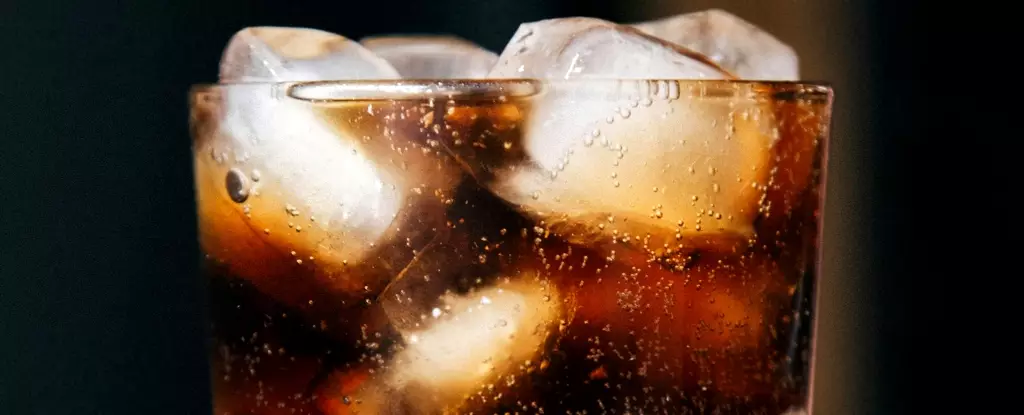The modern diet is increasingly dominated by sugary beverages, from sodas to energy drinks. These products are crafted to be irresistibly delicious, yet behind this façade of enjoyment lurks a myriad of health risks. The designed hyper-palatability of sugar-laden drinks is intended to entice consumers without revealing their devastating impacts on health. This article seeks to illuminate the serious consequences of regularly consuming these drinks, supported by current research and expert opinions.
At first sip, sugary drinks can trigger immediate feelings of pleasure. The brain’s reward centers engage, creating a false sense of satisfaction. However, the nutritional contributions of these beverages are negligible. Ongoing research paints a troubling picture: habitual consumption of sugar-sweetened beverages (SSBs) correlates strongly with various health problems, including obesity, type 2 diabetes, heart disease, and tooth decay. These findings underscore the need for consumers to reassess their choices concerning these enticing yet harmful drinks.
A recent study spearheaded by researchers at Tufts University provides alarming insights, estimating that 1.2 million new cases of cardiovascular disease and 2.2 million new cases of type 2 diabetes happen annually worldwide due to the consumption of sugar-sweetened beverages. This underscores a pressing public health crisis, especially in low- and middle-income countries where the marketing of sugary drinks is rampant.
Many developing countries are particularly susceptible to the dangers posed by SSBs. The Tufts study highlights a severe public health risk, notably in Latin America and Africa. In Mexico, it is estimated that sugary beverages account for nearly one-third of new diabetes cases; in Colombia, this figure rises to nearly half. South Africa experiences similar trends, with a significant proportion of new heart disease cases being linked to sugary drink consumption.
Dariush Mozaffarian, a leading voice in public health at Tufts University, emphasizes that these communities not only consume unhealthy products but also often lack the resources and infrastructure to mitigate long-term health issues. As a result, the health adverse effects may be compounded, resulting in an escalation of chronic illnesses that many developing nations are ill-prepared to manage.
The Definition and Dangers of SSBs
The term “sugar-sweetened beverages” refers to any drink containing added sugars that delivers at least 50 kilocalories per eight-ounce serving. This broad category includes soft drinks, sports drinks, fruit punches, and more. Although juices and sweetened milk are excluded from this classification, many can still pose health risks if consumed excessively. The study’s insights stem from a comprehensive analysis involving 2.9 million individuals across 118 countries, capturing a diverse representation of global beverage consumption patterns.
The stark reality revealed through this research is that SSBs contribute significantly to heart disease and diabetes. Nearly 80,000 deaths from type 2 diabetes and 258,000 deaths from cardiovascular conditions each year are attributable to these beverages. Such sobering statistics reflect not only individual health challenges but also a broader social concern regarding the economic and healthcare burdens these diseases impose on communities and nations alike.
In light of these findings, the urgency to address the consumption of sugar-sweetened beverages cannot be overstated. First author Laura Lara-Castor, a nutritional scientist, stresses the need for robust, evidence-based interventions to curb the intake of sugary drinks globally. The objective should not only be to highlight the dangers these drinks pose but also to envisage strategies that effectively reduce their consumption in vulnerable populations.
Raising public awareness is essential, yet it must be coupled with decisive action. Campaigns targeting education around the health risks of SSBs and implementing regulations on advertising in susceptible communities could play a crucial role. Furthermore, governments could consider instituting taxes on sugary beverages, as seen in some pioneering countries, to disincentivize sugary drink consumption and encourage healthier dietary choices.
The consumption of sugar-sweetened beverages is worsening a global health crisis that disproportionately affects lower-income populations, exacerbating existing health disparities. This issue requires immediate attention not

